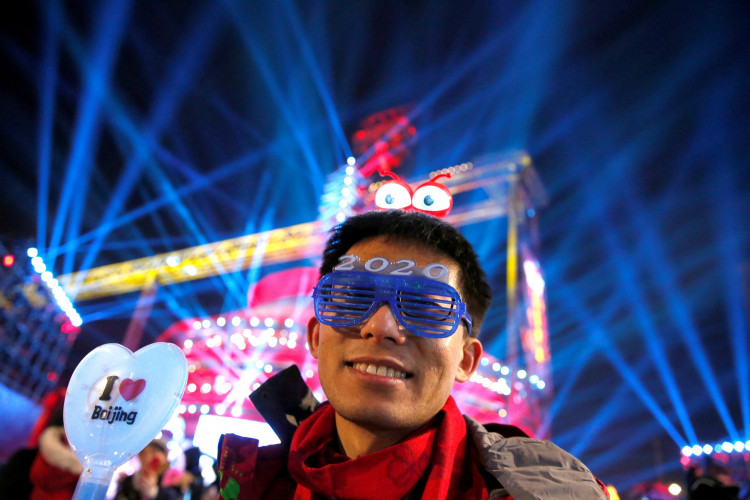China is preparing for a rapid drive in improving various cities around the country, with urbanization in mind and smart cities being the main focus of construction improvements.
According to China Daily, the country is targeting developments in key high-end technology such as artificial intelligence (AI), mobile internet, cloud computing, the internet of things (IoT), and 5G networks.
Experts noted that there is a rising demand in developing smart cities across China. Urban populations are growing and there are also many citizens who have adapted to the changes in urbanization in Chinese cities.
As of the end of 2018, data revealed that almost 60 percent of China's population is already living in cities. Furthermore, over 500 Chinese cities have submitted proposals for constructing smart cities.
According to deputy head of the Digital City Engineering Research Center, Shan Feng, problems with potential traffic congestion, shortage in resources, and pollution have driven recommendations for building high-tech cities.
While several Chinese regions have already given birth to smart cities, it is expected that more technologically powered cities will rise in the coming years. Market research firm MarketsandMarkets projected that the country's smart cities market will expand to $59.9 billion within three years.
In 2018, the Chinese smart cities market sat at $30.4 billion. Should China reach the estimates, the market will grow by as much as 14.5 percent annually.
Even small and medium-sized cities are embracing the idea of high-end technology adaptations. For example, Yingtan, a city in the central China province of Jiangxi, is already stepping up efforts on IoT technology.
Industry experts noted that the development of smart cities across China would help improve the living standards of Chinese citizens. Furthermore, new technologies could help answer the question as to how the country will provide demands for better living.
Earlier last month, a Forbes report shone the light on the Suzhou Industrial Park, located in Jiangsu province. Before the park came to life, it sported 27 miles of farmland. It was also recognized as a park that encourages greener living.
Aside from environmentally-friendly structures and living models, the Suzhou Industrial Park has also attracted some of the world's most sought-after talents from Apple, Microsoft, Oxford, MIT, Harvard, and China's very own BAT (Baidu, Alibaba, Tencent) group.
In terms of green living, smart cities are known to dramatically reduce greenhouse gas emissions. Cloud-based technology is being used in these smart cities to help reduce the world's carbon footprint.
Some economists said China's smart city drive is an example of how countries can step up efforts in building better living standards for people. It remains to be seen whether the world's second-largest economy will reach the estimates but experts said so far, China is on the right track.





